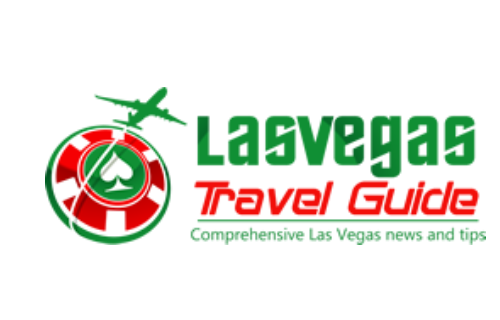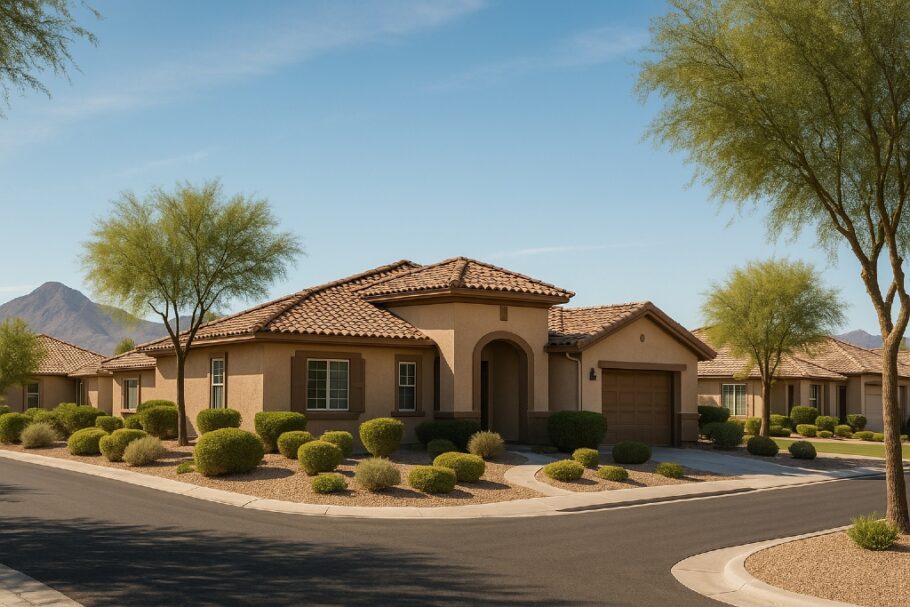Introduction
Buying a Vacation Home in Las Vegas. Las Vegas isn’t just a destination for entertainment—it’s also a popular spot for owning a second home.
In 2025, buying a vacation home in Las Vegas remains a strong investment opportunity, offering the flexibility of personal use and potential rental income. With year-round sunshine, a world-class entertainment scene, and no state income tax, the city attracts buyers from across the U.S. and abroad.
This guide will walk you through the key considerations, costs, and benefits of purchasing a vacation property in one of the country’s most dynamic markets.
Why Buy a Vacation Home in Las Vegas?
- Year-Round Destination: With over 300 sunny days a year, Las Vegas is ideal for seasonal getaways and year-round living.
- Entertainment & Dining: From world-famous shows to Michelin-starred restaurants, there’s always something to do.
- Tax Advantages: Nevada offers no state income tax and relatively low property taxes.
- Potential Rental Income: Vacation homes can be rented out when not in use, generating additional revenue.
- Proximity to Nature: Red Rock Canyon, Lake Mead, and the Grand Canyon are just a short drive away.
Best Neighborhoods for Vacation Homes
The Strip & CityCenter
Perfect for buyers who want to be in the heart of the action. Luxury high-rise condos offer resort-style amenities, panoramic views, and easy access to casinos, dining, and nightlife.
Summerlin
A master-planned community with parks, golf courses, and hiking trails. Summerlin appeals to buyers seeking a quieter, upscale environment with easy access to the Strip.
Henderson
Known for safety, excellent schools, and beautiful master-planned neighborhoods. Henderson offers a suburban feel while still being close to entertainment hubs.
Lake Las Vegas
A resort-style community with waterfront homes, golf courses, and a tranquil atmosphere—ideal for those wanting a retreat-like experience.
Downtown Las Vegas
With its revitalized arts district and cultural scene, downtown appeals to buyers looking for a unique and vibrant atmosphere.
Property Types
- High-Rise Condos: Low maintenance, great amenities, and prime locations.
- Single-Family Homes: More space, privacy, and customization options.
- Townhouses: A balance between space and maintenance ease.
Costs to Consider
- Purchase Price: Vacation homes in Las Vegas can range from $350,000 for a condo to several million for luxury estates.
- HOA Fees: Common in high-rise buildings and master-planned communities.
- Property Taxes: Around 0.5–0.7% of the home’s value annually.
- Utilities & Maintenance: Higher for larger homes with pools or extensive landscaping.
- Insurance: Consider coverage for short-term rentals if applicable.
Financing a Vacation Home
Financing a second home typically requires:
- A higher down payment (10–20% minimum).
- Proof of stable income and assets.
- A good credit score to secure favorable rates.
Rental Potential & Regulations
While vacation rentals can provide income, short-term rental laws vary:
- Clark County Restrictions: Many areas limit rentals under 31 days unless properly licensed.
- City of Las Vegas Permits: Required for legal operation of a short-term rental.
- HOA Rules: Many high-rises and communities prohibit or restrict short-term rentals.
Investment Benefits
- Appreciation Potential: Las Vegas real estate has shown consistent long-term growth.
- Dual Use: Enjoy the home personally while generating income when it’s vacant.
- Diversified Portfolio: Real estate offers a tangible asset that can hedge against market volatility.
Tips for Buying a Vacation Home
- Work with a Local Agent: An experienced real estate agent can help navigate neighborhoods, pricing, and regulations.
- Visit in Person: Tour homes at different times of year to understand seasonal dynamics.
- Check Amenities: Pools, gyms, and proximity to attractions can boost rental appeal.
- Plan for Management: Hire a property manager if you won’t be in Las Vegas full-time.
- Budget for Vacancies: Even in a busy market, there may be off-peak periods with lower occupancy.
Risks to Consider
- Market Fluctuations: Property values can change with economic conditions.
- Regulatory Changes: Laws regarding short-term rentals can shift, impacting income potential.
- Maintenance Costs: Vacation homes may require more upkeep, especially if rented frequently.
Long-Term Outlook
The vacation home market in Las Vegas is expected to remain strong in 2025 due to steady tourism, lifestyle appeal, and favorable tax conditions.
Buyers who choose properties in desirable locations with strong amenities are well-positioned for both personal enjoyment and long-term financial gain.
Conclusion
Buying a vacation home in Las Vegas offers a unique combination of lifestyle perks and investment potential. With careful planning, local market knowledge, and strategic property management, you can enjoy all the city has to offer while building equity and generating income.
Whether you’re seeking a high-rise condo with Strip views or a serene retreat near Lake Las Vegas, the market in 2025 has a wealth of options for savvy buyers.




